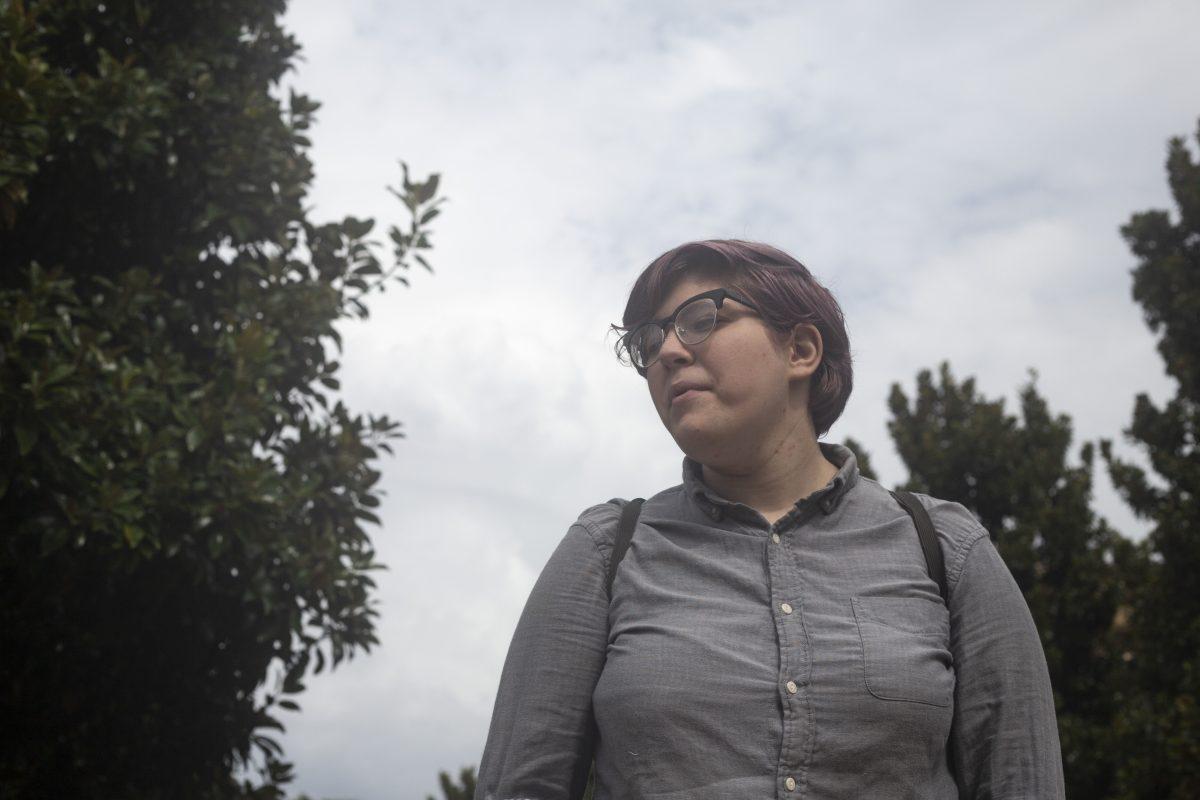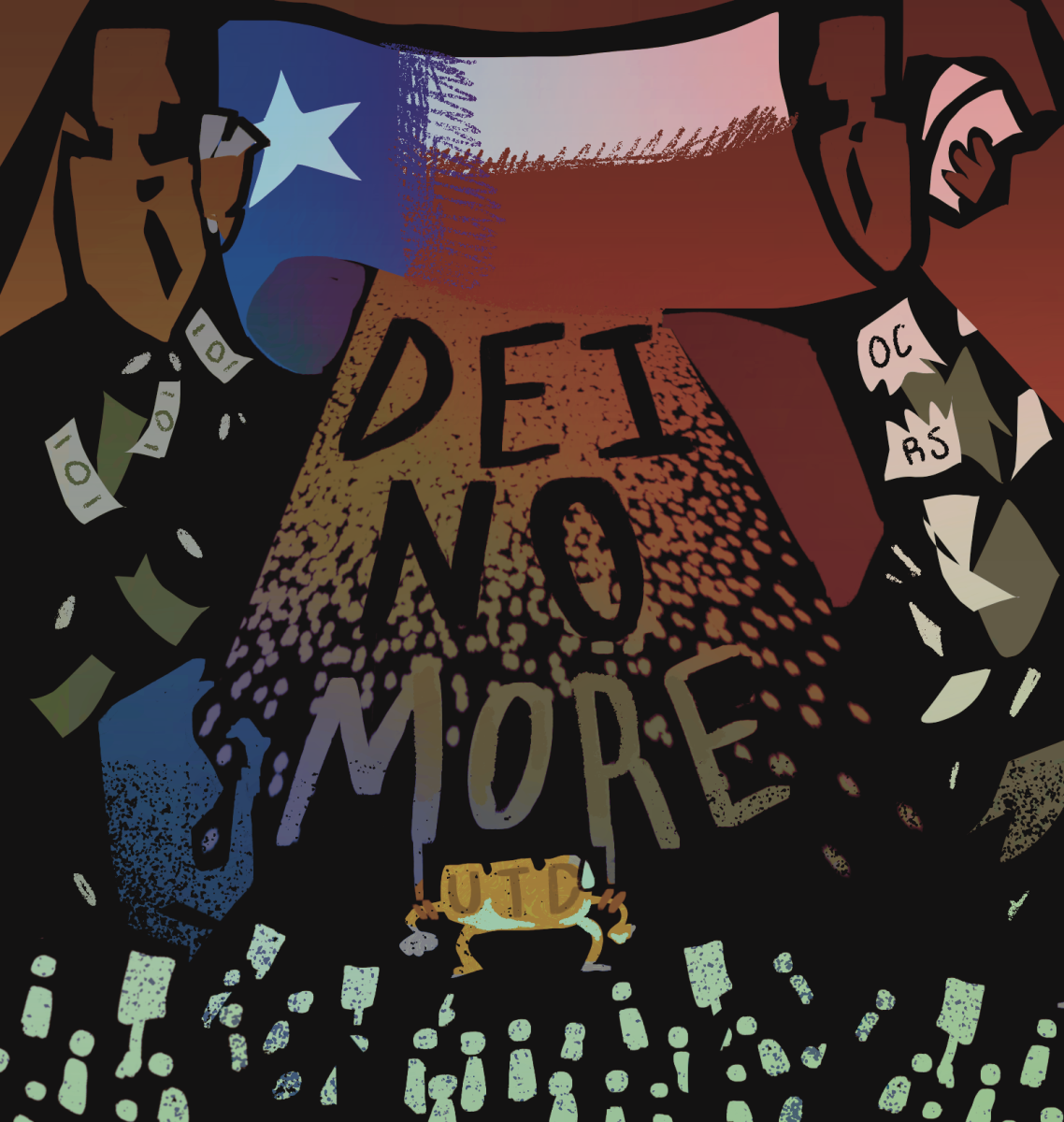Editor’s Note: This story has been updated to include additional information from the SCC and to clarify that the SCC’s waitlist for services was eliminated last year.
In anticipation of the release of its fiscal year report, the Student Counseling Center is looking for solutions to challenges such as a shortage of personnel and a growing demand for services.
Since the state recently implemented a soft hiring freeze, discouraging the hiring of non-essential personnel, students seeking services at the center have experienced long waitlists and delayed care. American studies sophomore Kennedy Patton utilized individual counseling services intermittently as a freshman in 2015 and said they’ve noticed a drastic change since the hiring freeze.
“The counselors are always great, and I think mainly it’s just availability,” Patton said. “It was really easy at first. I think I got in with a consistent counselor within a week. It wasn’t very long at all. And now — I’m not even going to try now, because you only get six appointments, and what’s the point?”
Initially, the SCC offered 12 free counseling sessions per year to students, in addition to an initial evaluation session. However, due to the hiring freeze, limited space and lower salaries for UTD staff clinicians compared to what those in private practice receive, the amount of sessions per year was reduced to six, said Jim Cannici, director of the SCC.
“So we knew — and this is something colleges around the nation have been facing —how do you help a lot of students with limited resources, that nearly all college counseling centers have?” Cannici said. “We’re trying to be as mindful as we can to get students in as soon as we can and get them hooked up with some resources.”
According to Statista, in a fall 2017 survey of 31,463 respondents over 52 different schools, 21.8 percent of college students have been diagnosed with anxiety and 17.8 percent with depression.
Luba Ketsler, a healthcare economics lecturer, said these two major disorders are the easiest to get under control if treated properly and in a timely manner.
“Every year there’s a report called Becker’s Hospital Review,” Ketsler said. “And they do this thing where every year they talk about what industries get headhunted the most. It’s always been, for the last 10 years, it’s been primary care physicians that are at the top of the list in terms of what they’re looking for. Guess what’s next? Psychiatry. First time in 23 years — because now you see the prevalence and the importance of it.”
The center recently obtained approval for a new counseling position to be filled and is in the process of establishing a satellite office in Residence Hall North. Furthermore, Therapy Assistance Online, an initiative designed to expand services by connecting students with web-based counseling resources, is available for student use. Accessible 24 hours a day, the main domain can be found at thepath.taoconnect.org, allowing students to progress through therapy modules at their own pace.
“Once we see a student, we check off the ones we think they will benefit from,” Cannici said. “But any UTD student, including yourselves, you go online, you sign up — all you need is a UTD (email) address — and then you can take any of those modules you want. And it’s either audio or video as you prefer for each of those modules.”
Ketsler said TAO might help reduce stigma surrounding mental illness and give students more privacy and anonymity if they want it.
“Companies are shifting over to telemedicine as their primary source of physician care, so (it’s) just kind of lowering the cost basically,” Ketsler said. “The caveat is that telemedicine is especially popular for psychiatry. It’s not as beneficial if you have a sore throat.”
Though use of TAO at UTD is still in its infancy, Cannici said he’s hopeful it will allow students to get the help and assistance they need, with counseling services continuing to be prescribed on an individual basis.
“Now, it’s too early — we don’t really have a sense of how students are responding to it, since we’ve just started to implement it. We’re really interested in feedback from students, and how helpful they find it,” Cannici said. “If they get what they need from that, maybe they don’t need anything else. But I would say most students would prefer some sort of in-person contact, whether that’s individual counseling, group counseling or workshops.”
Patton also said they were disappointed in the way UTD has allocated funds to projects other than the SCC, and hopes that, in the future, students will be able to have more than six sessions with in-person counselors.
“Building these massive pretty buildings doesn’t mean so much when your students aren’t functioning. And, I mean, I’ve known — I myself and people that I know — the counseling center, the counselors there saved (lives),” Patton said. “So, honestly, I just think taking the cap off of appointments (would be beneficial) — you can’t put a cap on somebody’s recovery.”
Cannici said reducing the number of individual counseling sessions to six — in addition to providing TAO as another resource for students — will open up more opportunities for group counseling and workshops.
“We’re continuing to look for ways to avoid students having to wait to get their needs met,” Cannici said. “We’re trying to be as mindful as we can to get students in as soon as we can and get them hooked up with some resource.”

















